

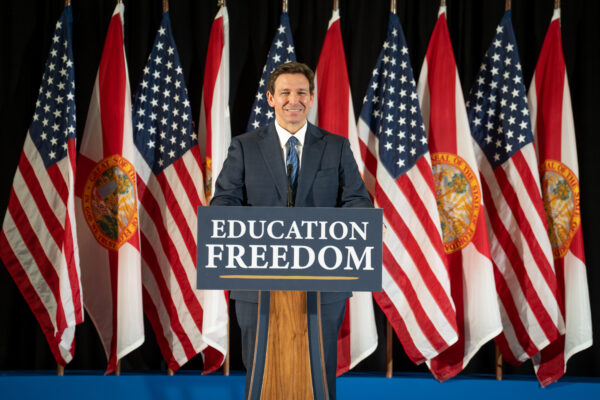
Florida Is No. 1 in Education Freedom and Choice
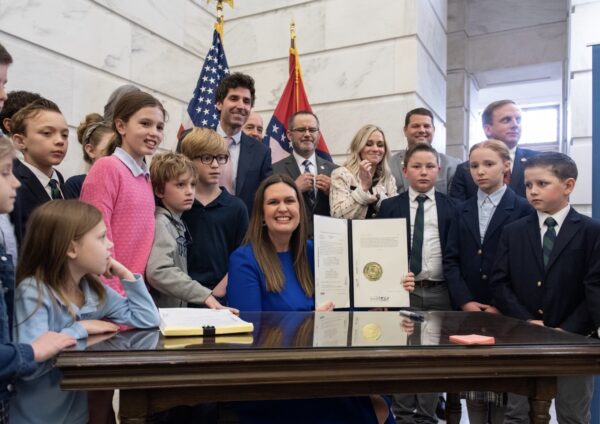
One Governor Gets Out of the Gate with Guts, Grit & Grace

Union Leaders & Bureaucrats Have Long Ignored Parents’ Concerns

Stop Allowing Zip Codes to Dictate Where Kids Go to School

School Choice Good for Kids & for Public Schools

The Two States Now Have Universal School Choice — And Yours Could Be Next
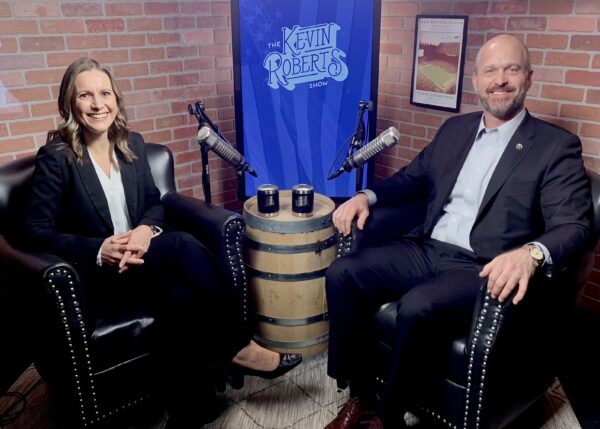
Keri D. Ingraham on The Kevin Roberts Show: Breaking the K-12 Education Monopoly
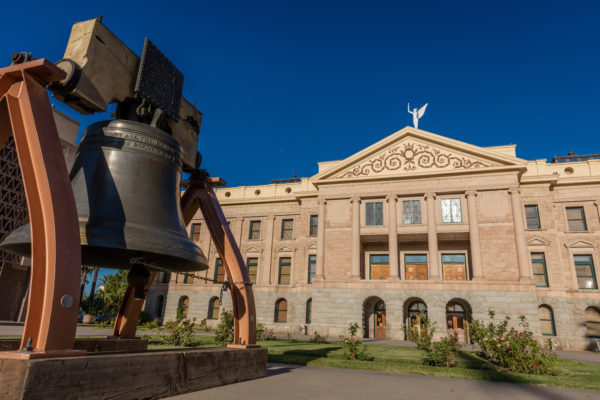
Arizona Governor Katie Hobbs Is Working to Undermine the State’s Educational Freedom
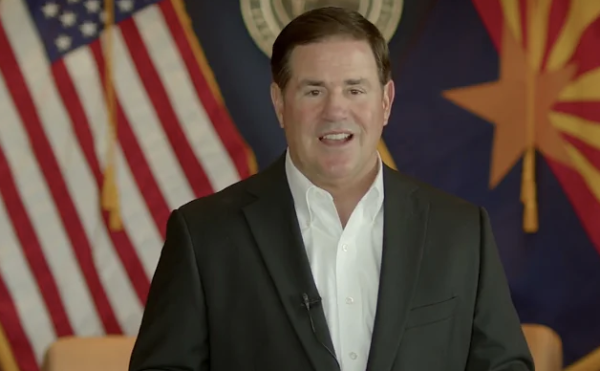
Governor Doug Ducey’s Landmark Legacy Worthy of Tribute

Landmark Educational Freedom Victory

